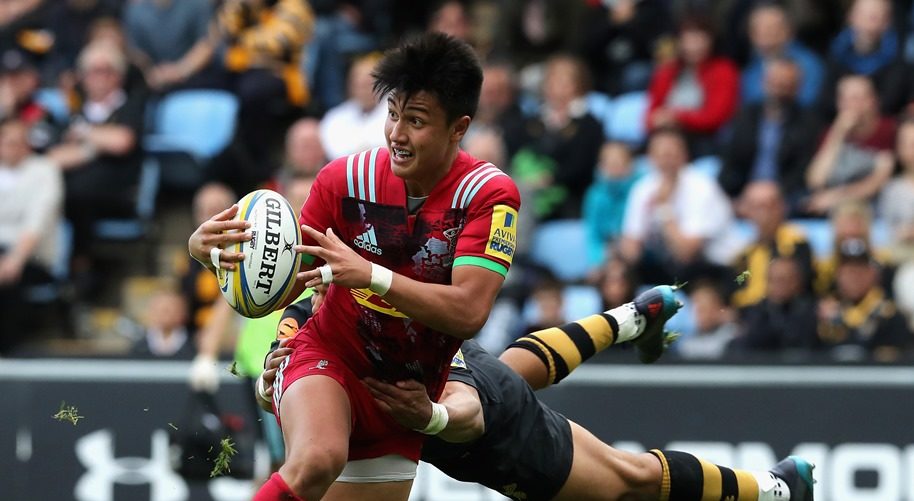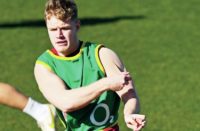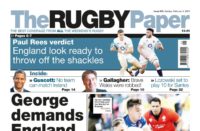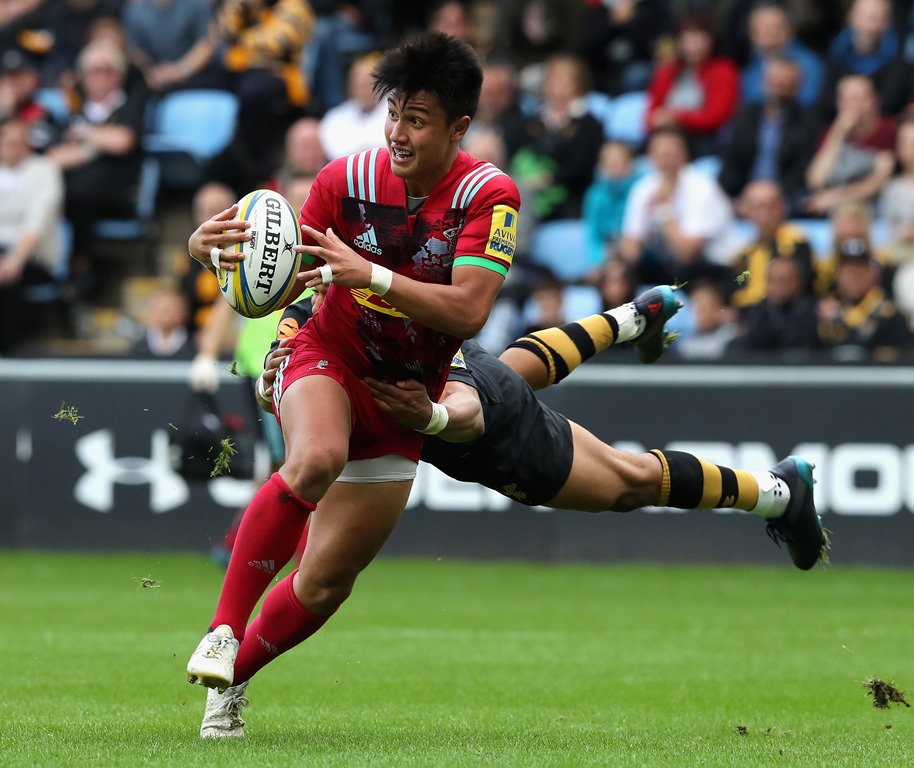
By Jeremy Guscott
We shouldn't be surprised any more when a young player such as Marcus Smith is introduced into the England squad. Admittedly, at 18, the Harlequins fly-half is younger than most, but with Maro Itoje, George Ford, Owen Farrell, and this season Sam Underhill and Tom Curry, having been there before him it is not quite such a mould-breaker.
If that is the level of talent available to England as fifth choice fly-half – which is where he is in the pecking order according to Eddie Jones – then they are pretty well-stocked at 10. At the moment he is behind Ford and Farrell, as well as Alex Lozowski, and either Piers Francis or Henry Slade.
However, with Lozowski, Francis and Slade all used in a utility back role by their clubs, Smith at least has the advantage of playing 10 on a regular basis for Harlequins.
You can tell already that Smith will be a very good club player for a long time to come because of his poise and skillset. You can see that he understands the game, and the playmaker's role, and it is also great to see a young player with the confidence to boss older players. He ‘gets' the game, and has the mindset where you almost see yourself as a player-coach, and if you handle that correctly it earns you the respect of team-mates.
Smith's size at 5ft 7in and under 13 stone will always be an issue, but at age-group level he will already have been targeted by opposition coaches and found ways to overcome it. What stands out most in that respect is the time he has on the ball.
What separates good, very good and world-class players from others is that they give those around them more time – and this is because they think and act quicker than the average player. Smith has the capacity. Whether the opposition players are close, or several yards away, he has the footwork and acceleration to find space .
The biggest compliment I can give him is that he reminds me of Stuart Barnes, my old Bath and England team-mate, in his touches and reading of the game. It's a snap judgement, and it's very early days, but that's who he resembles.
Smith is already in the spotlight almost before he has left school, but that's the way it is in professional sport, and you either cope or you don't. He has all the attributes to meet the great expectations of him. He can beat a defender by stepping and change of pace, and he has that ability to draw players in and then leave them for dead – particularly when it comes to picking off big forwards.
Some of his passes go astray, but that's sometimes because he sees things when other players don't. The great thing is that when something does not come off for Smith he doesn't give up, he keeps trying – and players who are not afraid to fail usually have what it takes to develop their talent.
Danny Cipriani is a case in point. I can recall him giving away a try on one occasion by being charged down when he was trying to chip and gather out of his own 22. Then, a week or so later he scored a try by doing the same thing again, but executing it better.
The best thing coaches can do with players like Smith and Cipriani is to show them how to figure it out for themselves – and that is the method employed by the great coaches I came across in my career, like Brian Ashton and Ian McGeechan.
You also need to be resilient, and I noticed that when Gloucester went down Smith's channel – and he ended up with two cotton buds stuck up his nose – it did not stop him playing.
Smith is in good company at Harlequins in having backs coaches like Mark Mapletoft, who was a sharp, snappy runner, and also Nick Evans. The Kiwi fly-half was a cool player who loaded the gun for the rest of his team to fire. Although he is a forwards coach, Graham Rowntree is very experienced, and Smith should share in some great conversations with them, as well as with international backs of the calibre of Jamie Roberts and Mike Brown.
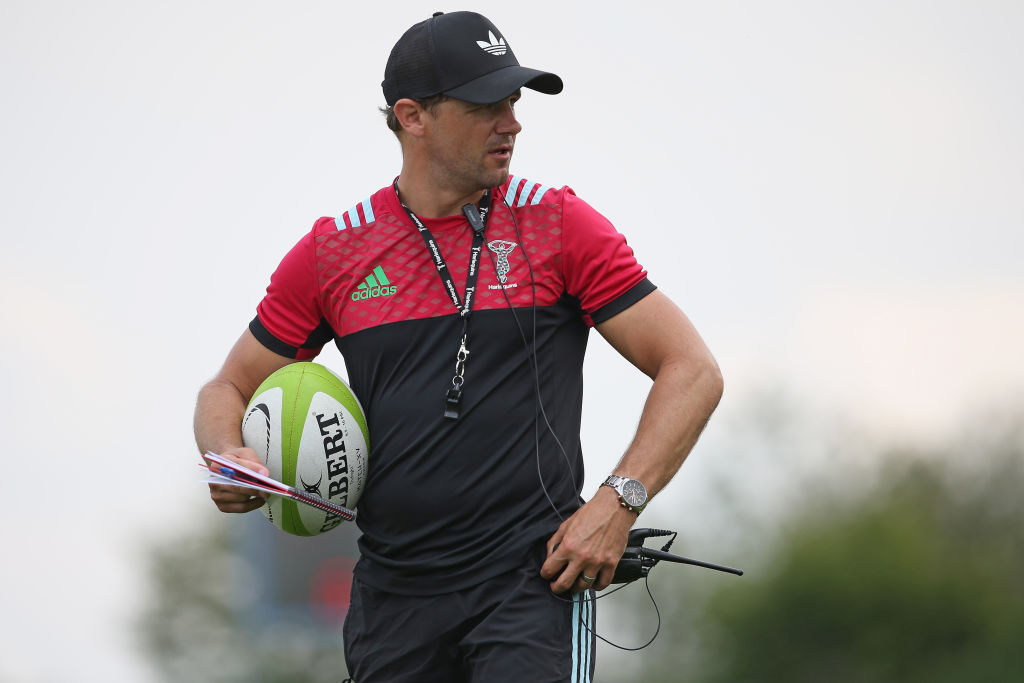
For the foreseeable future Ford will probably be in competition with Farrell to be England's starting 10, but now Smith is on the ladder too he will have the ambition to move on up. If you want to know whether he's ready to play international rugby now, there's a simple test. Ask yourself, if England were playing New Zealand this weekend and Farrell, Ford, Lozowski and Slade were all injured, whether Marcus Smith would be picked? I don't think they could ask that of him yet, so let's be real. Let's be excited about a talented young prospect who is a great endorsement for those who have coached him, and is so likeable and yet professional.
I was in the England team when Jonny Wilkinson came into the side at 18. He was immediately a world-class kicker and defender – and then he started to learn the nuances of the international game strategically and tactically.
Wilkinson's execution was mainly on the button at a very young age, and he adapted to the high-pressure of international rugby very comfortably. The modern equivalents of Wilkinson are Farrell and Ford – they live for the game just like he did.
Smith is bound to have a couple of hard games, and a dip or two, and then we will see how quickly he bounces back.
However, you sense that Smith can flourish in the same way they did because he's gone from playing with his schoolmates into the professional game without breaking stride against much older and more experienced players. What he will be recognising now is that he's good enough to be in that company – and that's a great feeling.
